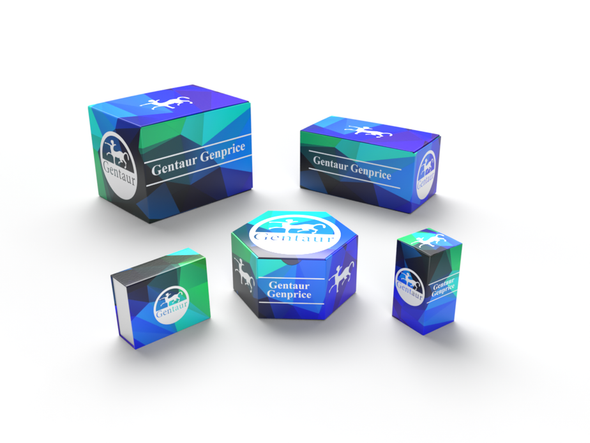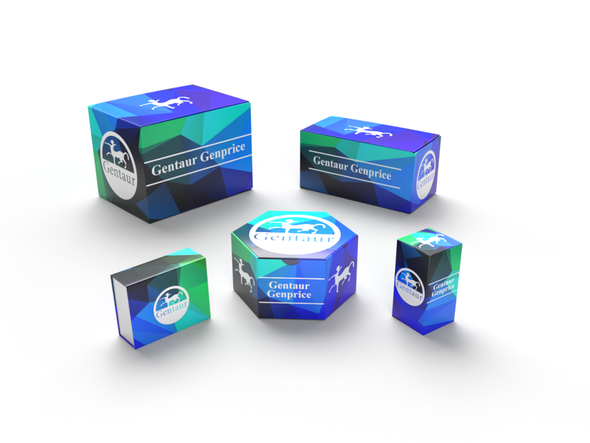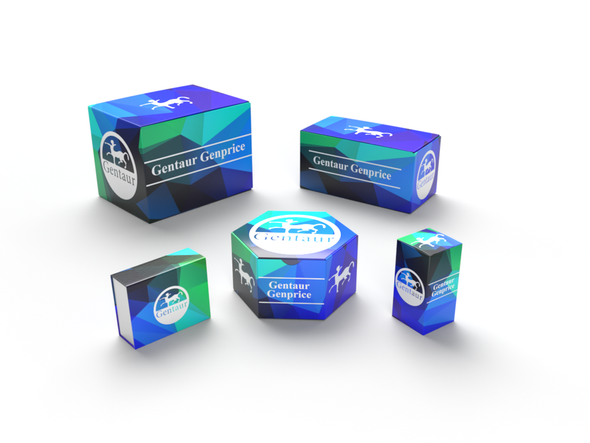Description
AKT1 Antibody | XW-7019 | Gentaur UK, US & Europe Distribution
Host: Chicken
Reactivity: Human, Mouse, Rat, Bovine, Frog
Homology: N/A
Immunogen: 2-200
Research Area: Apoptosis, Neuroscience, Signal Transduction, Cancer
Tested Application: WB
Application: AKT antibody can be used for the detection of AKT by Western blot, may also work for IHC and ICC.
Specificiy: N/A
Positive Control 1: N/A
Positive Control 2: N/A
Positive Control 3: N/A
Positive Control 4: N/A
Positive Control 5: N/A
Positive Control 6: N/A
Molecular Weight: 55.7 kDa (calculated)
Validation: N/A
Isoform: N/A
Purification: Antigen affinity-purified
Clonality: Polyclonal
Clone: N/A
Isotype: N/A
Conjugate: Unconjugated
Physical State: Liquid
Buffer: Phosphate-Buffered Saline. No preservatives added.
Concentration: 1 mg/mL
Storage Condition: AKT1 antibody can be stored at 4˚C for short term (weeks) . Long term storage should be at -20˚C. As with all antibodies care should be taken to avoid repeated freeze thaw cycles. Antibodies should not be exposed to prolonged high temperatures.
Alternate Name: PKB, RACProtein kinase B, PKB, AKT, RAC, CWS6, PRKBA, PKB-ALPHA, RAC-ALPHA,
User Note: Optimal dilutions for each application to be determined by the researcher.
BACKGROUND: Serine/threonine protein kinase; Murine thymoma viral (v-akt) oncogene homolog-1. AKT1 is a serine-threonine protein kinase. It is catalytically inactive in serum-starved primary and immortalized fibroblasts. AKT1 and the related AKT2 are activated by platelet-derived growth factor. The activation is rapid and specific, and it is abrogated by mutations in the pleckstrin homology domain of AKT1. It was shown that the activation occurs through phosphatidylinositol 3-kinase. In the developing nervous system AKT is a critical mediator of growth factor-induced neuronal survival. Survival factors can suppress apoptosis in a transcription-independent manner by activating the serine/threonine kinase AKT1, which then phosphorylates and inactivates components of the apoptotic machinery.










